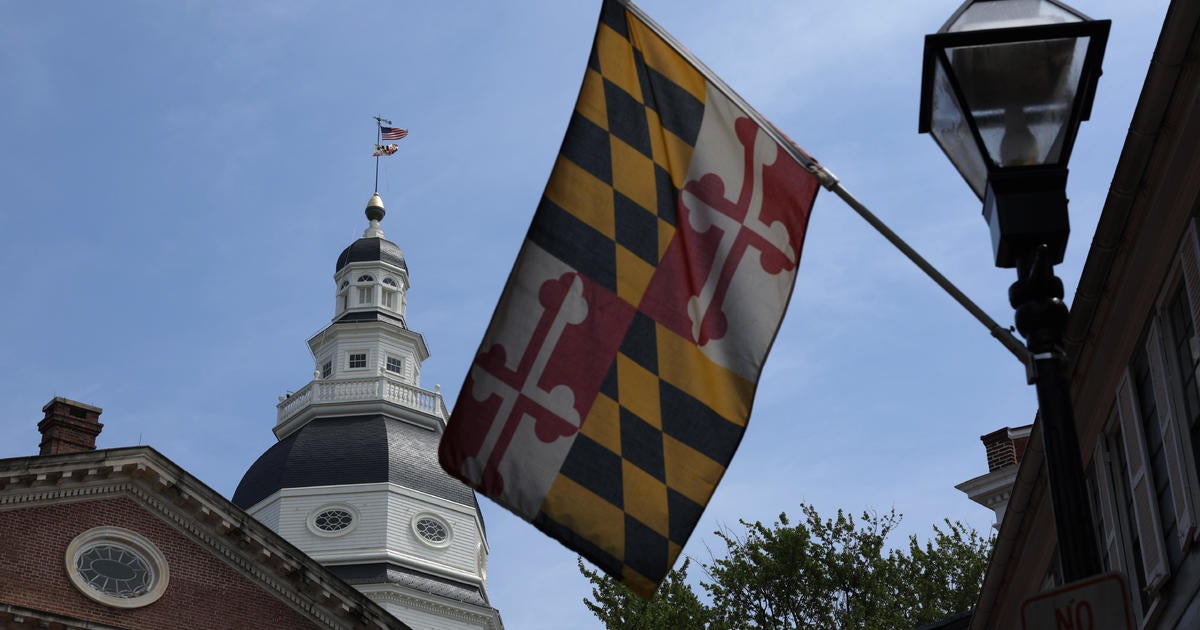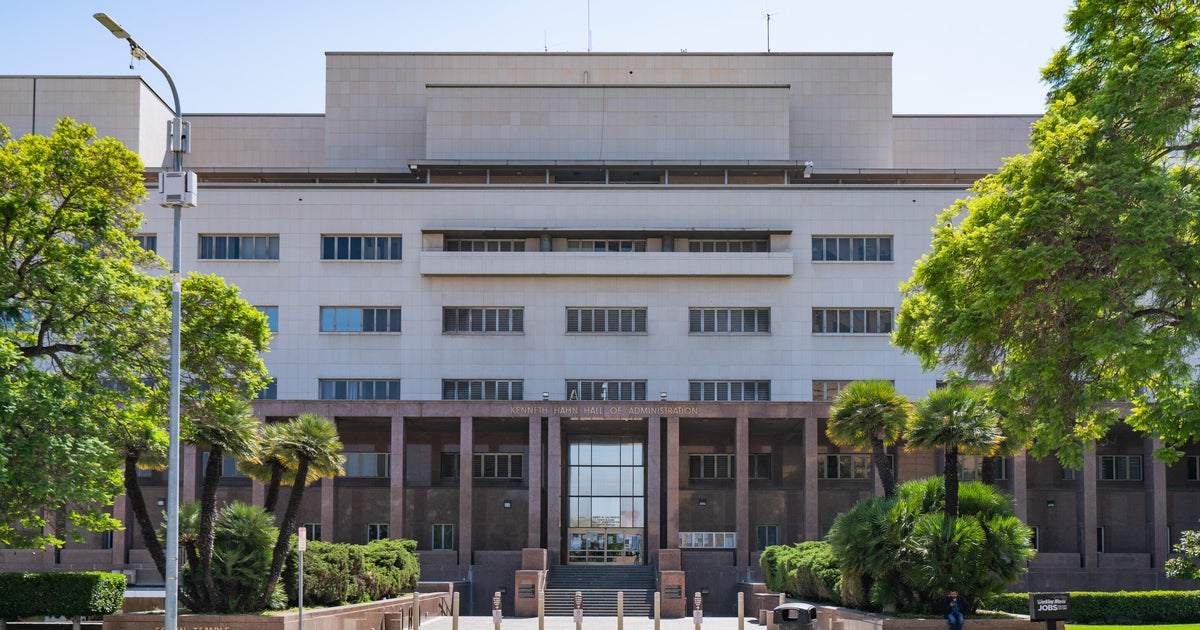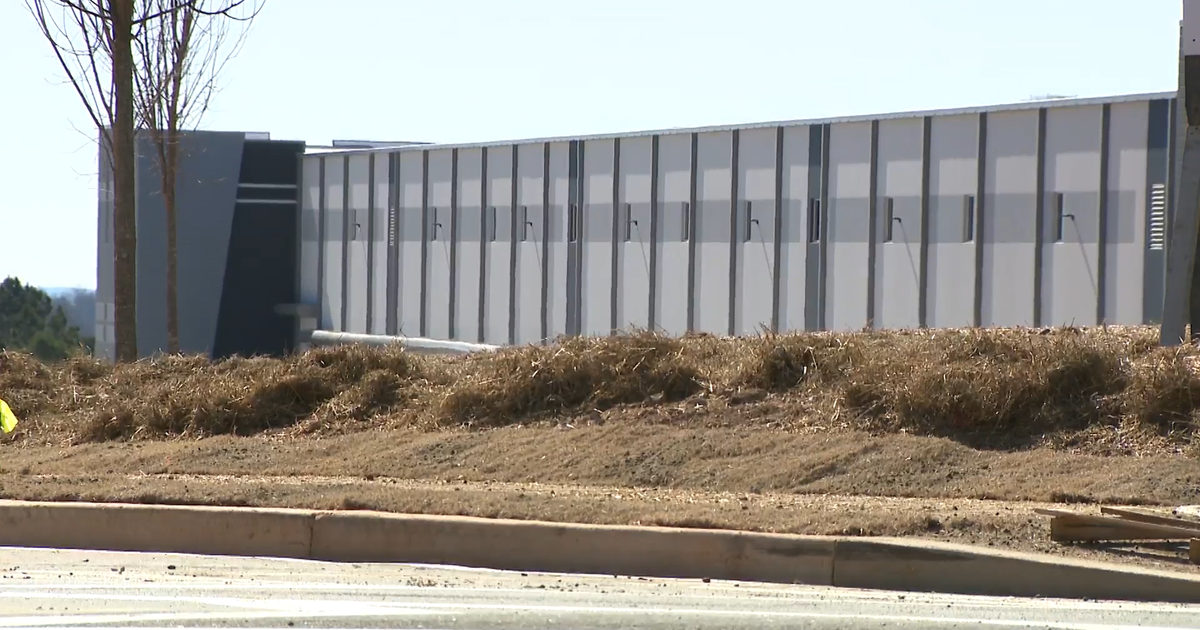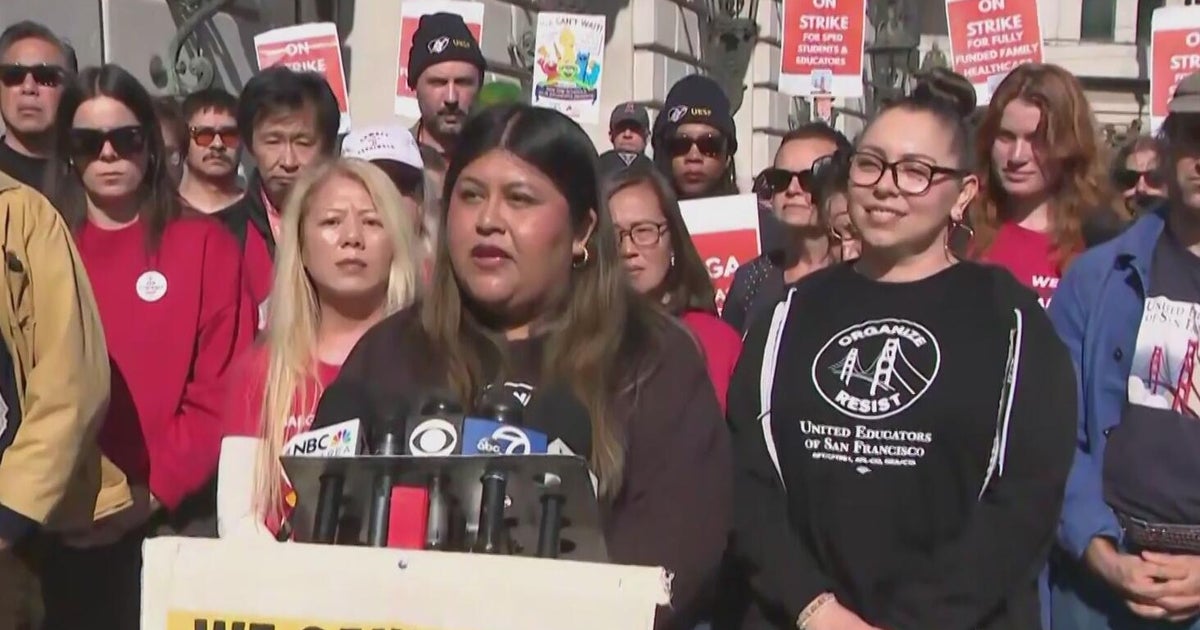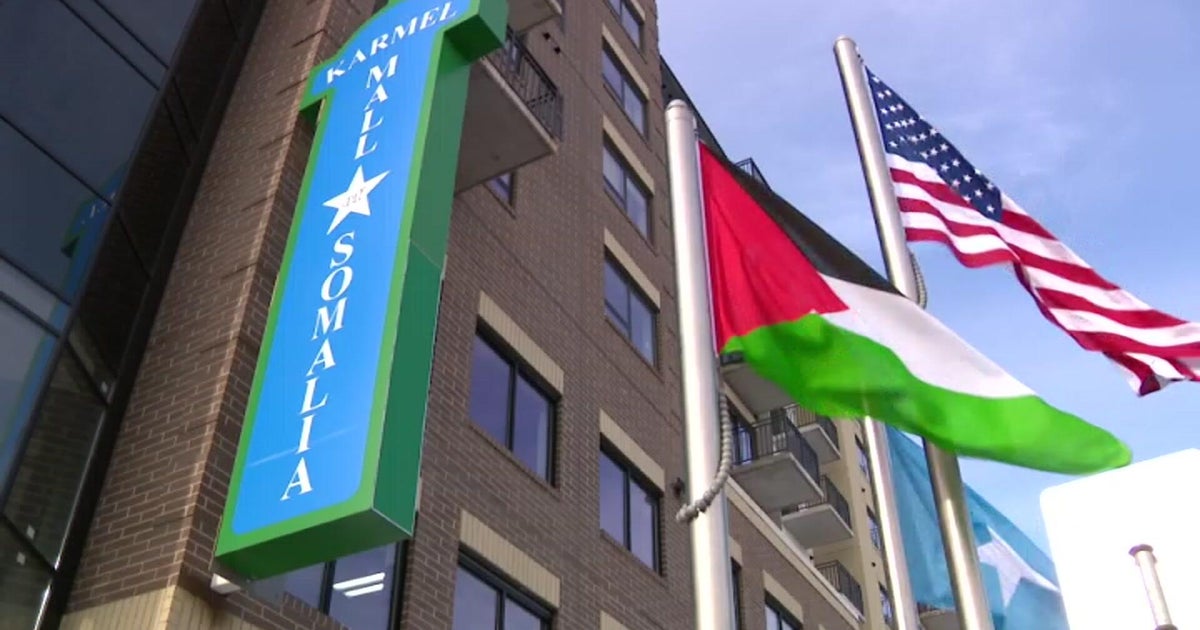Maryland act to increase healthcare access for immigrants awaits governor's signature
BALTIMORE -- Without health insurance, healthcare can be expensive and limiting. Maryland wants to eliminate that challenge for immigrants.
Immigrants make up 15% of Maryland's population, and soon they will have the choice to buy a healthcare plan in the state. The Access to Care Act allows immigrants to buy health coverage from the state's insurance marketplace, regardless of their immigration status.
About 50% of undocumented immigrant adults in the U.S. do not have health insurance, according to KFF Health News, but Maryland is now joining a few other states planning to offer the option to thousands of immigrants.
"It's a big opportunity for the immigrant community to access care. Finally, after so many years of the fight," CASA Senior Manager for Health Navigator and Social Services Leidi Garcia said.
It's a monumental move for the state to take, according to the immigration advocacy group, CASA.
"This is the first step to a more comprehensive healthcare access to the immigrant community," Garcia said. "Just the fact that they can purchase the plan. Something they were denied before."
This could lead to shorter wait times in the emergency room and take some pressure off the Esperanza Center in Baltimore, which provides free medical and dental services to uninsured immigrants.
"It would definitely ease some of the burden on clinics like Esperanza, which right now is really the only option," Val Twanmoh, the former director of the Esperanza Center, said.
Immigrants from all over Maryland travel to this one clinic that will address their health needs without asking for papers.
In a year, the Esperanza Center serves about 1,500 patients, ranging from children's school immunizations to addressing diabetes and high blood pressure.
"And emergency rooms, as you well know, are not the appropriate place for primary healthcare," Twanmoh said. "They are also the most expensive."
After reviewing call logs in 2023, the center counted 1,100 new clients seeking healthcare services. But because of the overwhelming demand, the center cannot accept these new clients just yet.
As an immigrant herself, Madelin Martinez understands the wait that immigrant families can face.
"People would struggle," she said. "If we sent them to a qualified health center, they would have to wait for weeks for an appointment during the summer."
After receiving care from the center when she was younger, she was inspired to step into the role of Assistant Advocacy Director of Catholic Charities, the organization that runs the center.
Martinez often took patients' calls. She said mistreatment and the high costs are what stop many immigrants from addressing their health needs.
"She was hesitant to call an ambulance because she was worried about the bill," Martinez said as she recounted a patient call she handled in the past. "'For a bill that will charge me $2,000 to go and I'm not working.' And she was gasping for air on the phone. I had to stay with her and beg her to stay with me because the ambulance would arrive shortly."
While the legislation may put an end to worrisome calls like this, it won't happen just yet. The act still awaits the governor's signature.
The Maryland Health Benefit Exchange will also need to apply for a State Innovation Waiver by July 1, 2025. This is a waiver that the federal government must approve to allow the healthcare expansion.
Then, immigrants will have a choice to buy health insurance as early as 2026.
Martinez said the bill is a milestone, but she worries about enrollment barriers like having enough educated people to translate and explain these coverage options to immigrants.
Given that most immigrants also work low-paying hospitality and construction jobs, Martinez hopes the future discussion will be tackling the affordability of healthcare.
